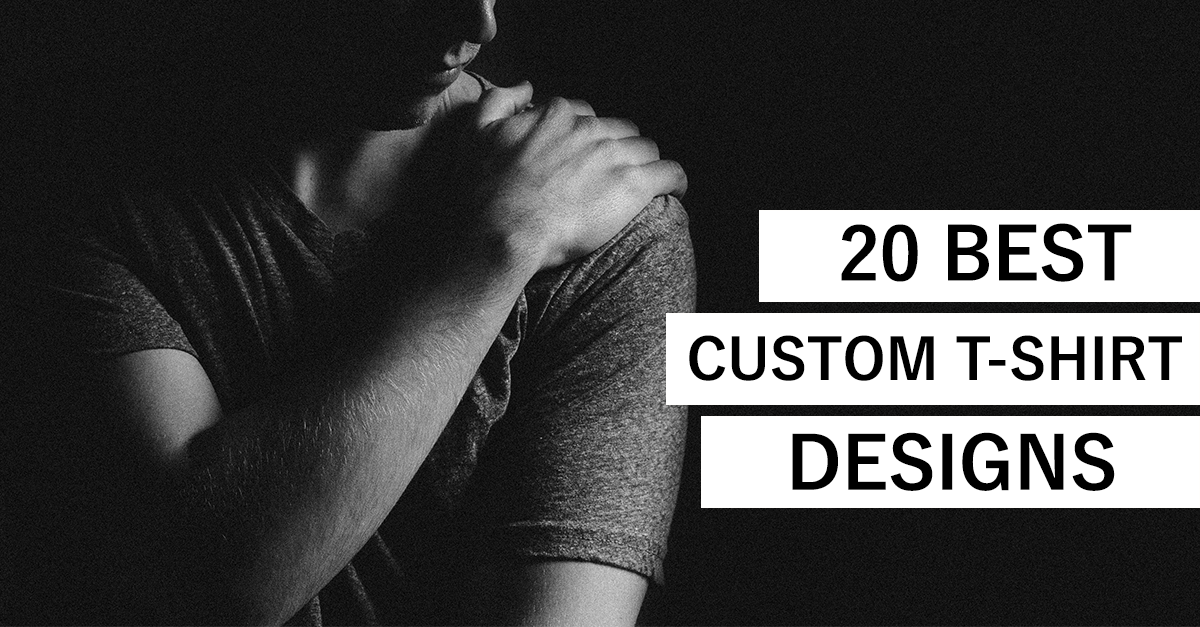 As designers, we are often concerned with how to protect our work from being copied or stolen, and how to make sure we’re providing our clients with a design that they can also protect. Arming yourself with a basic understanding of copyrights and how to use them can be vital to protecting your creative work.
As designers, we are often concerned with how to protect our work from being copied or stolen, and how to make sure we’re providing our clients with a design that they can also protect. Arming yourself with a basic understanding of copyrights and how to use them can be vital to protecting your creative work.
What is copyright?
Simply put, copyright is the right to stop others from copying, using, or distributing your creative work. As a general rule, you own the copyright to your work at the moment that you create it, excluding certain circumstances where you are employed and the work is created during the scope of your job. Owning the copyright to a design gives you the exclusive right to copy, distribute, display, or publish it as you wish.
On DesignContest.com, our designers own full copyrights to their original design until that design is selected as the first place winner of a contest, at which time the copyright is transferred to the contest holder. If a design is specifically created for a particular contest, but does not win, the designer retains copyrights and may reuse their design as they please.
What Can or Cannot be Copyrighted?
Any fixed form of expression can be copyrighted. A fixed form is any tangible creation that can be seen or perceived by others. As it relates to artists, this can include paintings, sculptures, writings, digital design, illustrations, logos, or any other form of artwork.
You cannot apply copyrights to titles, names, phrases or slogans; designs that are considered common or familiar (for example, a cube or a stop sign); ideas, concepts, or methods; and legal documents. These items are possible to protect under trademarks, but do not apply to copyrights.
Do I Need to Register my Copyright?
Not necessarily. The original creator of a design (or the employer for which the designer is working) automatically owns copyright to the design as soon as it is created. However, in order to receive certain benefits such as the right to claim damages if the design is copied, having the copyright registered is important.
In regards to enforcing copyright against infringement, the best defense is a good offense. Registering your copyright early is the only way to guarantee protection and the benefits of a registered copyright.
How Long Does a Copyright Last?
Copyright protection varies between countries, but in general, you can expect a copyright to be valid from the time the design is created until 50 years following the death of the copyright holder.
How Do I Register a Copyright?
Artwork can registered through the US Copyright Office. More information about copyrights, registering, and filing a copyright infringement case can be found at www.copyright.gov.
The information presented in this blog post is for general information and is not the opinion of a legal representative. For questions concerning copyrights, please consult your attorney or government official.



